It has been 42 years since the Sabra and Shatila massacre in Beirut, Lebanon, where right-wing Christian Phalangist militias under the protection of the Israeli army killed more than 3,000 defenseless people.
After Israel declared its independence on May 14, 1948 on the Palestinian territories it occupied, Palestinian refugees who were forced to migrate and sought refuge in Lebanon were subjected to a new attack by Israel on September 16, 1982.
The attack, launched by Christian Phalangist militias on the refugee camp where Palestinian refugees were staying, lasted for three days and was “justified” by the assassination of Bachir Gemayel, the leader of the Kataeb Party, shortly after he was elected president during the country’s ongoing civil war from 1975–1990.
Palestinians, who had suffered greatly since the onset of the Israeli occupation project, lost thousands of women and children during the bloody assault.
Also Read: Be Careful of the Trap of Deploying Peacekeeping Forces to Gaza
The perpetrators of the massacre, which left a painful mark in the collective memory of Lebanon and the Middle East, have neither been brought to justice nor held accountable to this day.
Streets filled with bodies
During the assault on the Sabra and Shatila refugee camps, the streets were filled with the bodies of more than 3,000 Palestinians.
After the Israeli army surrounded the camps to prevent Palestinian refugees from escaping, the Christian Phalangist militias brutally massacred them using heavy weapons and bombardments as well as axes and cutting tools.
Also Read: The Forty-Four-Days of Glory: Azerbaijan’s Struggle for Justice and Peace
Their bodies were later buried in mass graves.
The attack was managed by Ariel Sharon, who was then Israel’s defense minister and later became prime minister. Soldiers under Sharon’s command used flares throughout the night to facilitate the work of the perpetrators.
Sharon found guilty
Following the massacre, the UN condemned the events on December 16, 1982, declaring that they were an act of genocide.
Also Read: Palestine Solidarity Month: A Collective Movement for Al-Aqsa and Palestine’s Freedom
However, no judicial proceedings have been conducted.
In a report published in February 1983, the commission that Israel was forced to set up to investigate the massacre identified Sharon as one of those responsible for the atrocity.
The Sabra and Shatila camps, squeezed into approximately one square kilometer, are currently home to around 12,000 Palestinian refugees according to unofficial figures.
On June 18, 2001, 23 survivors of the Sabra and Shatila massacre filed a lawsuit in Belgium against then-Israeli Prime Minister Sharon, accusing him of committing crimes against humanity.
Also Read: Hassan al-Turabi: A Controversial Thinker from Sudan
Due to pressure from the US and Israel, Belgium was forced to change the law that allowed for this lawsuit, and on May 15, 2002, the case was dismissed for lack of jurisdiction.
Before the case was dismissed, Elie Hobeika, one of the leaders of the Phalangist Lebanese Forces who played a key role in the massacre, was killed in Beirut a few days after announcing that he would testify against Sharon when a bomb placed in his car exploded.
Sharon died in January 2014 without any trial or accountability.
While the deep wounds inflicted by the massacre remain fresh in the memories of Palestinians, Israel’s attacks on Gaza, which began on October 7, 2023, continue unabated.
Also Read: Who Exactly is the RSF Group Shaking Sudan?
Since then, at least 41,226 Palestinians have been killed, including 16,795 children and 11,378 women, and 95,413 people injured. (T/RE1/P2)
Source: Anadolu Agency
Mi’raj News Agency (MINA)
Also Read: The Two-State Solution (Palestine–Israel) in Historical Perspective






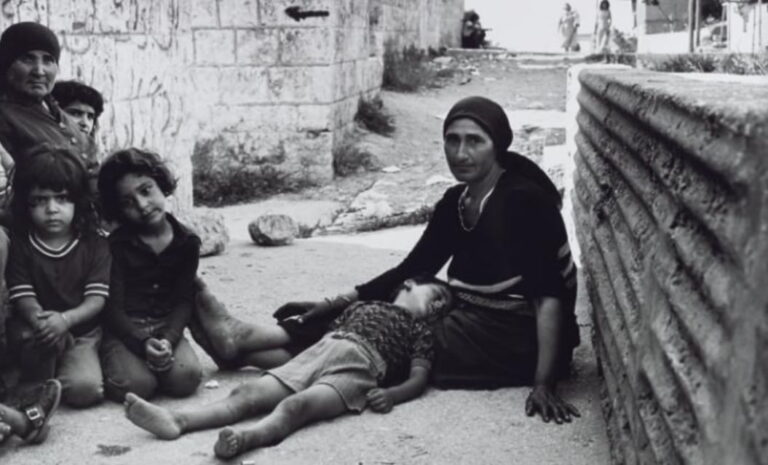

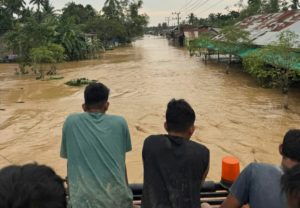
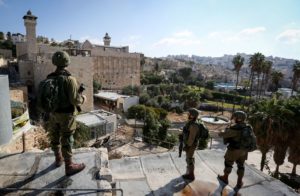
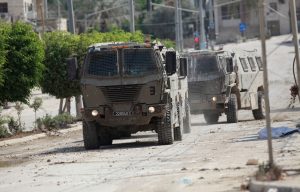

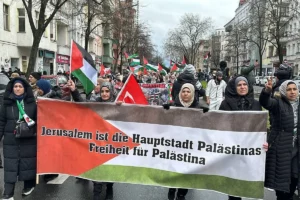

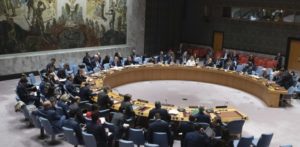

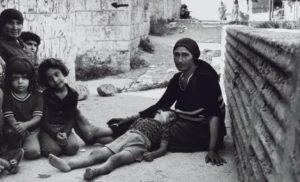


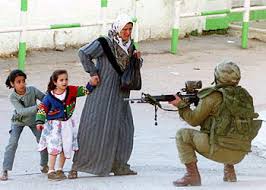













 Mina Indonesia
Mina Indonesia Mina Arabic
Mina Arabic